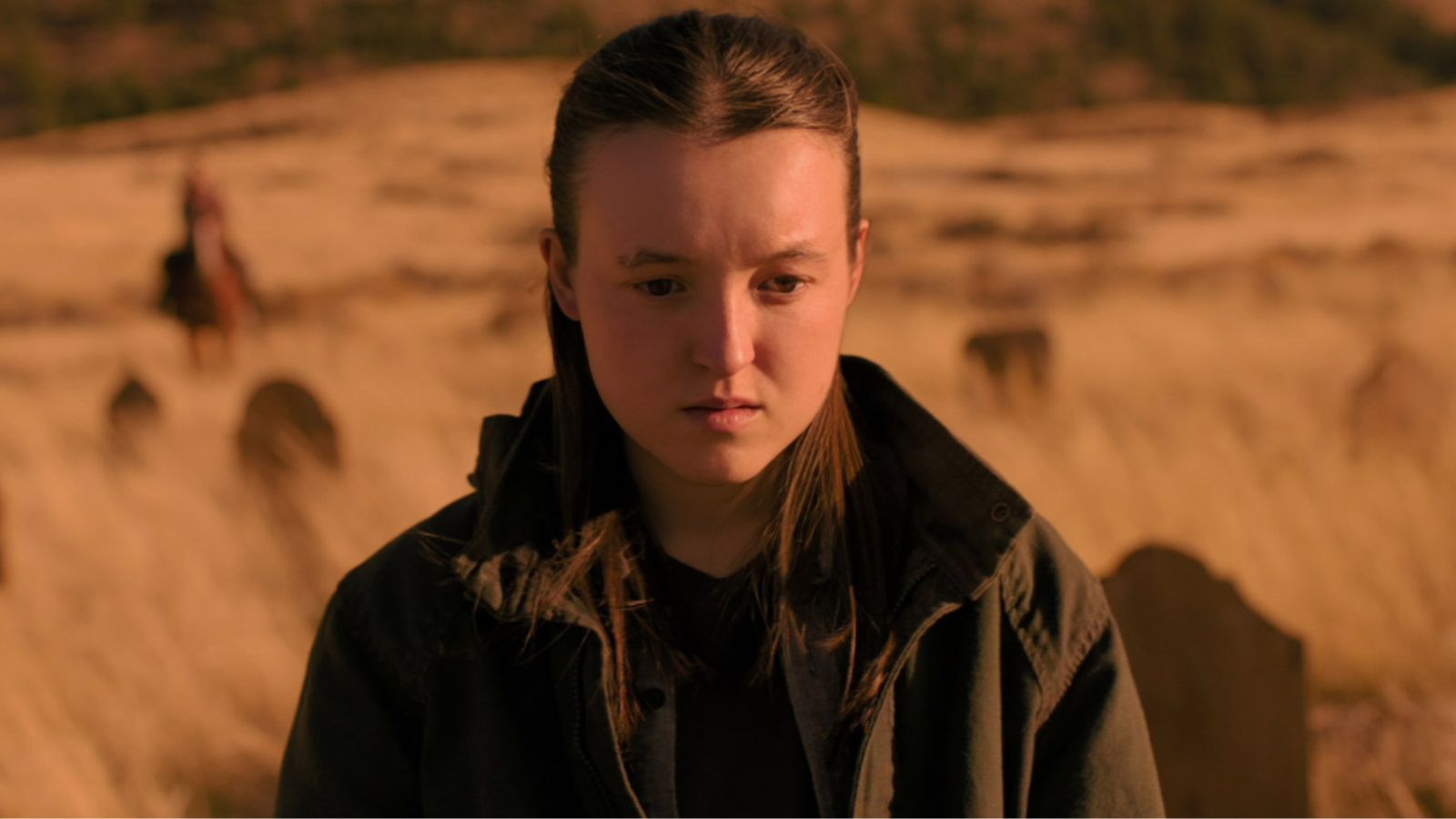
Owners of the ‘Yonkis’ Websites Walk Free and Rightsholders are Furious
- The Murcia Criminal Court decided to exempt Yonki owners from the accusations of copyright infringement.
- The four men were facing imprisonment penalties as well as hefty damage compensation.
- The prosecutors filed an appeal, so the case will be revisited by another court in the country.
Back in April, Alberto García Sola, Alexis Hoepfner, Jordi Tamargo, and David Martínez entered the court of Murcia, in Spain, and faced accusations of piracy based on evidence gathered by the EGEDA and the Anti-Piracy Federation. The two prosecutors have been filing complaints about the Yonki websites since 2008, and finally managed to bring them in front of a court, asking for a damage compensation that totaled to a whopping of 546 million euros and the imprisonment of the defendants for up to two years.
Apparently, the Murcia Criminal Court judge Isabel Maria Carrillo Saez thought about it for a couple of months and decided to just let the men go. The reasoning behind the decision was the fact that piracy was criminalized in Spain in 2015, and so the defendants cannot be held liable for actions that took place before that, and these actions cannot possibly be considered criminal offenses. In addition to that, the verdict also points out that the indirect financial benefits that framed the indictment were not enough to warrant a criminal conviction. The total remission is based on the appellants’ line of defense which was based on the fact that the Yonki sites were only linking to copyrighted content, and not hosting the pirated content on the websites.
While the court ruling came as sweet music to the ears of the four defendants, it made the EGEDA group furious. They have been trying to bring the owners of the Yonki websites down for such a long time, and the Murcia court verdict was disappointing for them to say the least. Thus, they have decided to file an appeal at the Murcia Provincial Court, so this is not over yet. EGEDA argues that linking to pirated content has been banned since 2001 according to the associated Copyright Directive.
As they stated: “The sentence recognizes that the defendants made audiovisual content, both movies, and TV series, available to the public via the Internet through links, without permission, By doing so, they obtained revenues in excess of 900,000 euros through advertising.” This statement implies that they believe judge Saez missed an important part, while at the same time the verdict defines and determines the activities of the Yonki websites. Hopefully, for them, these will be the two pillars that will convince the Provincial Court to overturn the previous verdict, although the chances for this scenario are now slim.
Do you believe that the Yonki owners should be punished for what they did so many years ago? Let us know what you think is fair in the comments down below, or on our socials, on Facebook and Twitter.





